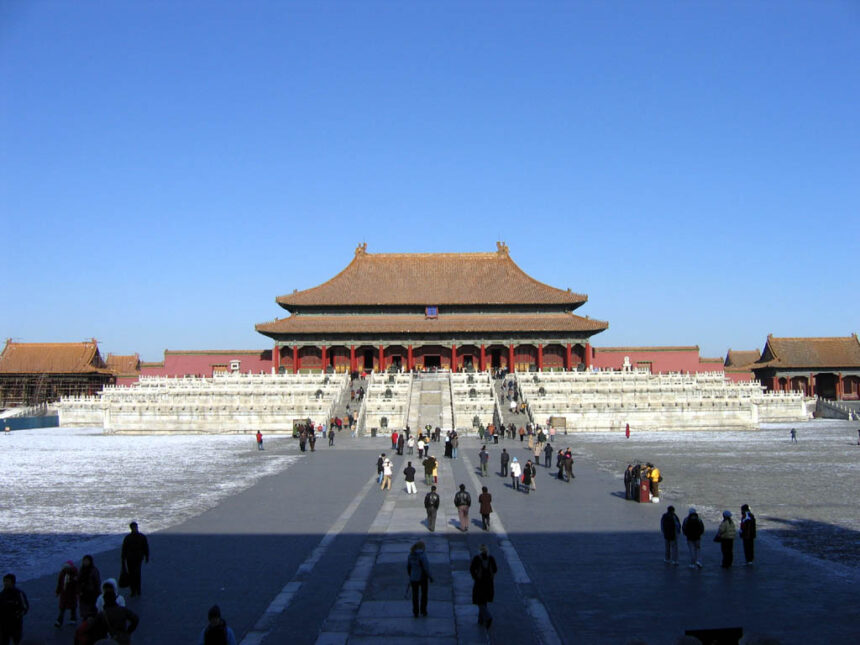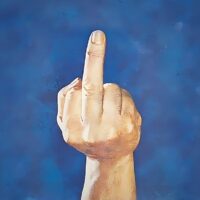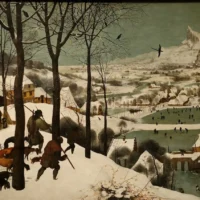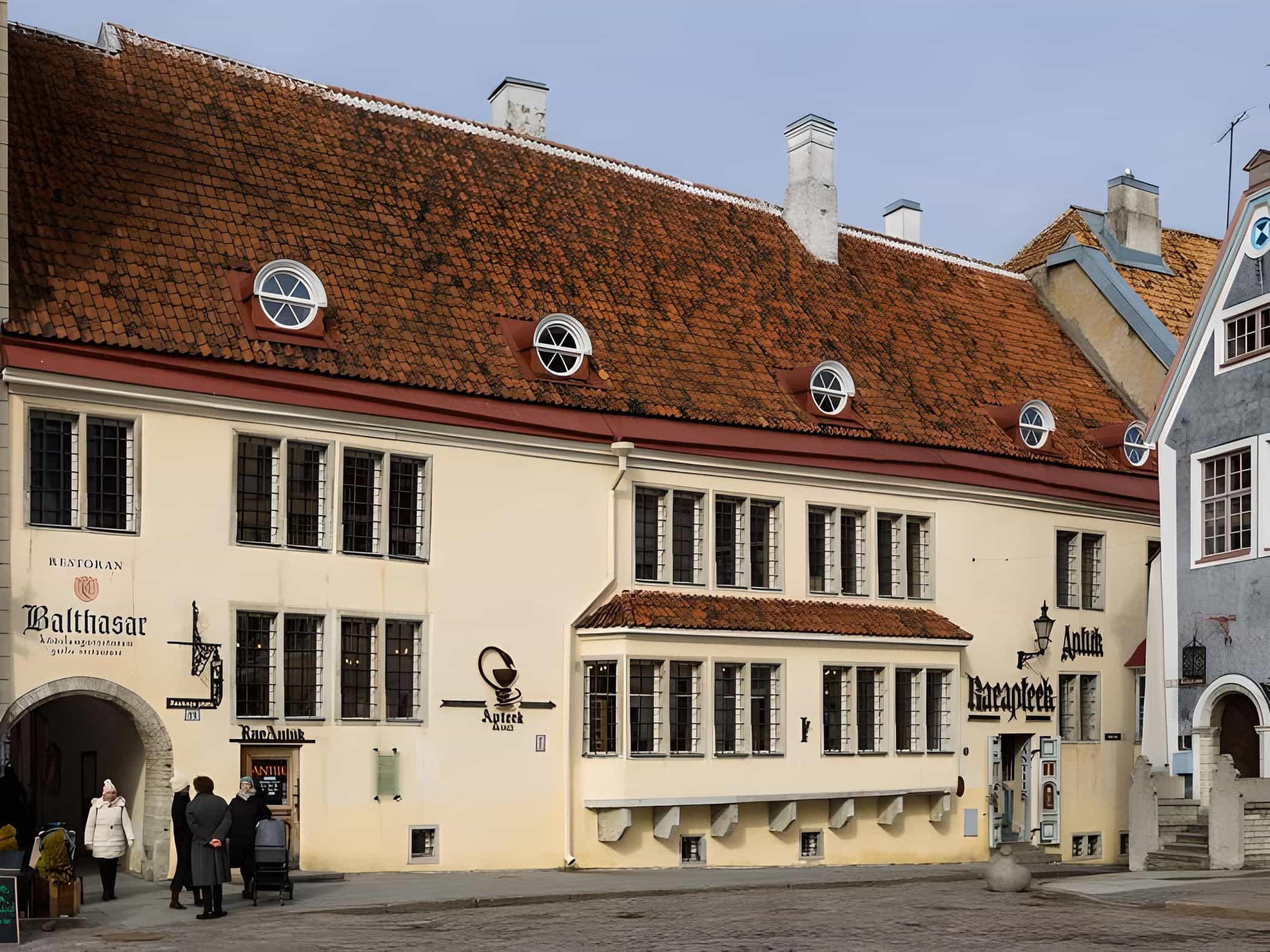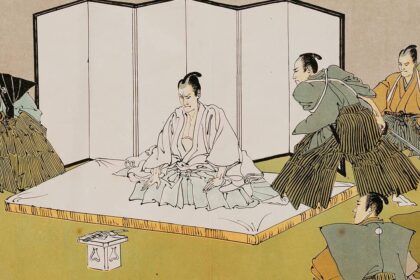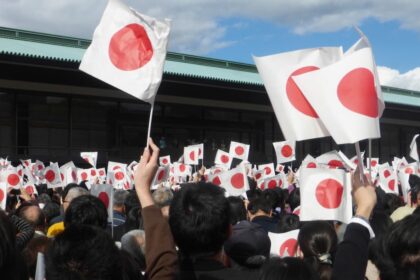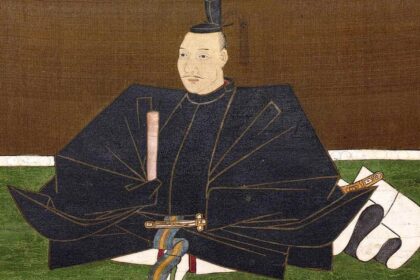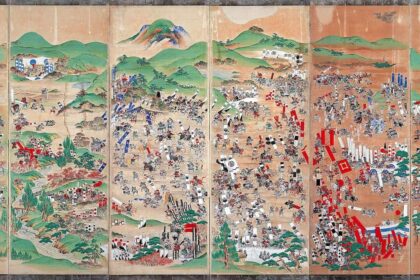Since the mid-14th century, the Ming dynasty (14th-17th centuries) had enjoyed favorable climatic conditions. Abundant rains ensured generous harvests. Grain prices remained low. The population increased, reaching 170 million inhabitants.
These natural blessings allowed Ming emperors to invest in costly infrastructure projects, building the Forbidden City and extending the Great Wall. They knew their time was counted, as tradition granted them a “Mandate of Heaven” that would not last forever.
Thus, when in 1644 the Ming dynasty collapsed after three centuries of supremacy, it was believed that Heaven had taken offense: the natural disasters that precipitated the regime change were an unmistakable sign… It began with sustained frosts and droughts, shortening harvest periods when they didn’t ruin them completely. The year 1640 is considered one of the driest in dynastic history, plagued by locust invasions and sandstorms.
People thought they saw dragons tearing open the Sky, a sign that the Ming’s Mandate of Heaven was ending! Famine set in: “Drought everywhere. Voracious locusts. Millet prices have exploded. Streets are strewn with the bodies of thousands of starving people,” reported a Shanghai newspaper in 1641. In Shaanxi province, people boiled tree bark for food. Cases of cannibalism were also reported. With rice prices having tripled, a Zhejiang gazette writer noted that one risked assassination if buying rice.
These plagues were compounded by several epidemic episodes: the Chinese population fell by 40% between 1585 and 1645. Faced with the regime’s inability, riddled with debt, to help the population, it descended into anarchy.
Emperor Chongzhen (1611-1644), sovereign of the “dragon throne,” faced two threats: one external, consisting of Manchu invaders pressing against his northern borders, and the other internal, represented by Li Zicheng, a farmer who had led a peasant rebellion. Leading 30,000 men, the latter entered Beijing in April 1644 and overthrew the regime; dishonored, the last Ming emperor hanged himself on April 25.



